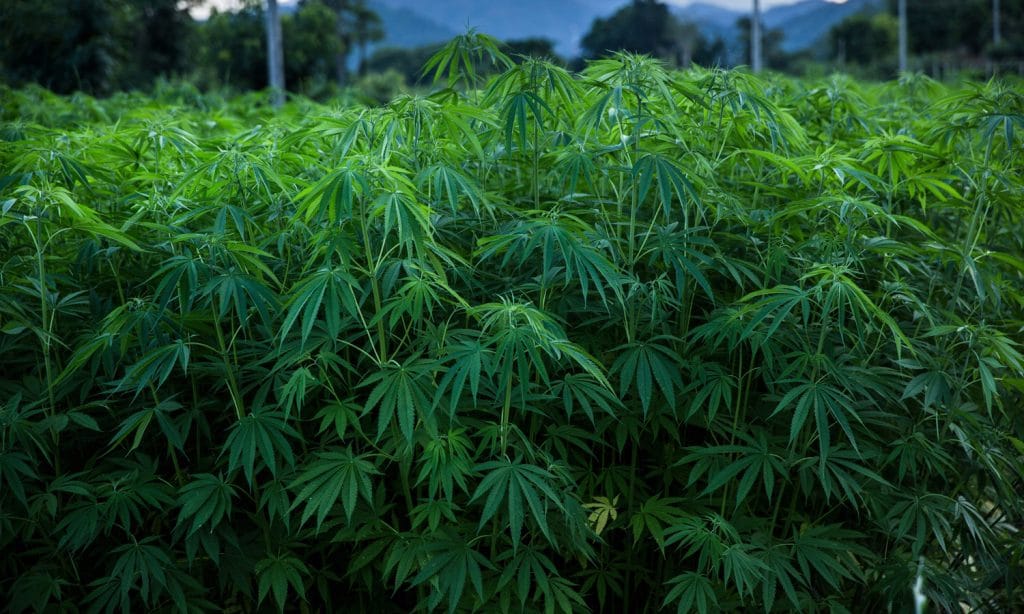A hemp plant can “go hot” (aka experience a spike in THC levels) due to using a new seed variety, environmental factors, or a plant left to flower for too long.
Just over a year from the date when the 2018 Farm Bill removed hemp from the list of controlled substances and legalized it for industrial growth, issues plaguing hemp producers in 2019 are coming to light. The most dominant pitfalls include a glutted market, unpredictable climate, problems with mold and pests, and a chronic shortage of adequate drying facilities.
Seasoned farmers are no strangers to these types of problems, but industrial hemp poses a new challenge: how to bring a crop in under the .3% THC limit mandated by the federal government.
In an October article by Chuck Abbot at www.agriculture.com, analysts at agricultural lender CoBank forecasted that changing federal regulations would make it difficult for growers to keep up with guidelines for testing plants for excess THC. The National Law Review published a piece on Jan. 19, 2020 entitled “Key Takeaways From USDA Final Interim Rules for Domestic Hemp Production”. (These interim rules are set to expire in 2021 and will be replaced by finalized regulations.)
RELATED: USDA Releases Hemp Rules
The scope of the rules includes conditions for growing, processing and/or selling hemp, and requires an approved testing and sampling procedure to ensure that no plant exceeds .3% THC content. Unfortunately, the currently approved method focuses solely on identifying the THC content of the plant rather than its genetic profile (which can definitively identify the plant as hemp). Testing only for THC content leaves this undetermined.

A hemp plant can “go hot” (aka experience a spike in THC levels) due to using a new seed variety, environmental factors, or a plant left to flower for too long. This can lead to what the National Law Review article describes as “excessive non-compliance and crop destruction”, not to mention devastating financial losses for growers. Writing for local Denver publication Westword, Mathew Van Deventer reports that fourth-generation farmer Randy Taylor was forced to destroy eighty acres under hemp production when that hemp tested at .47% THC by the Colorado Department of Agriculture. The CDA is attempting to address this conundrum by approving and overseeing the development of industrial hemp seeds specifically engineered for low THC/high CBD content.
RELATED: Top 4 Predictions For Hemp And Hemp CBD In 2020
Theresa Bennett’s Q&A with Vote Hemp President Eric Steenstra at www.hempgrower.com provides further insight into the issue. Steenstra shares that there has been almost a 500% increase in the number of people growing hemp nationwide over last year. These new growers are largely unfamiliar with the complexities of the genetic seed make-up required to keep THC in crops from spiking. As a result, buyers are favoring larger-scale operations with tested seed stock and reliable facilities, which edges new growers out of the market before they gain a foothold.
Despite the obstacle that regulations regarding THC content pose for unseasoned producers, industrial hemp still shows a profit margin generous enough to lure those willing to educate themselves and keep abreast of the changing guidelines into the industry. Hopefully, the lessons of 2019 will make for a less perilous and more profitable learning curve for aspiring hemp entrepreneurs in 2020.
This article originally appeared on Green Market Report.


